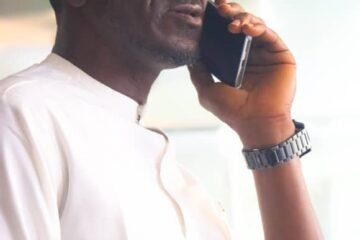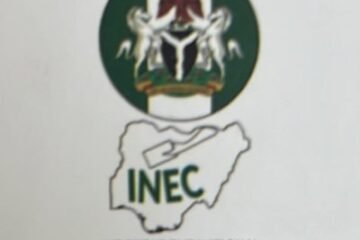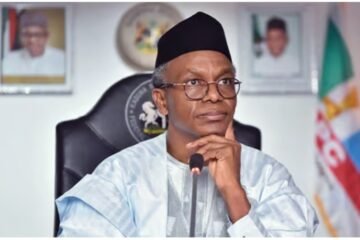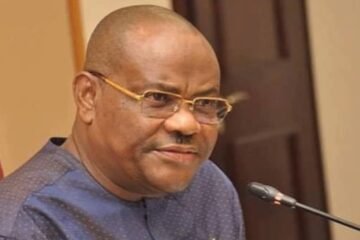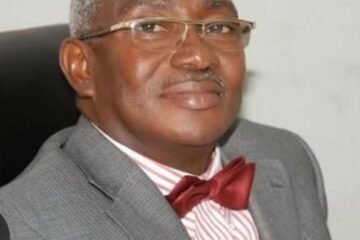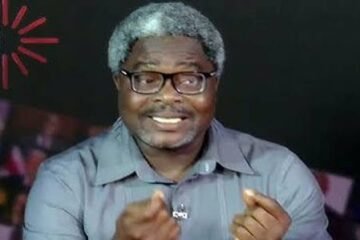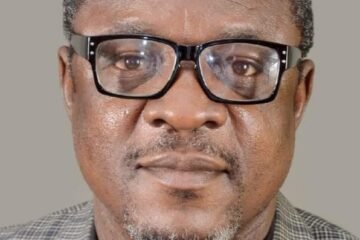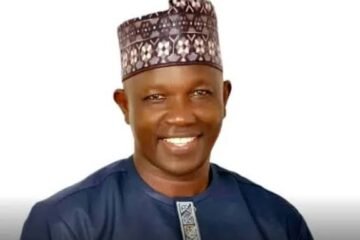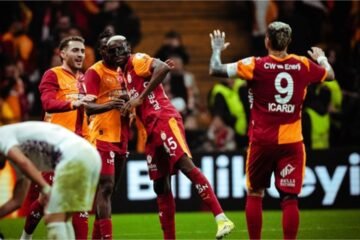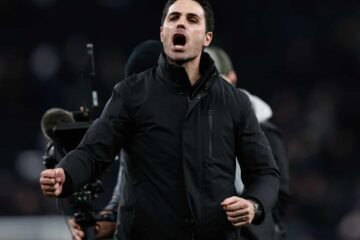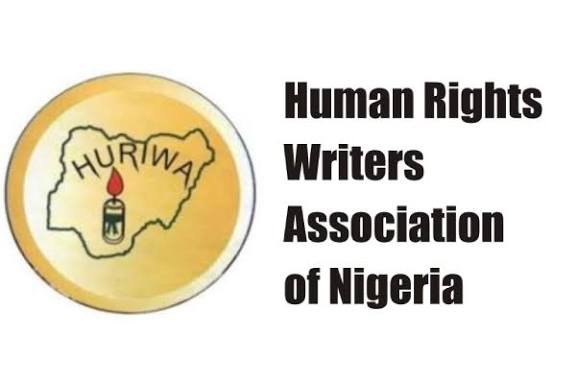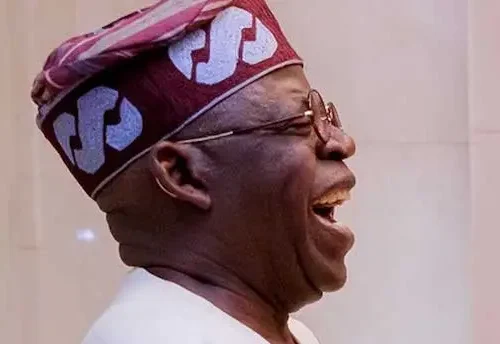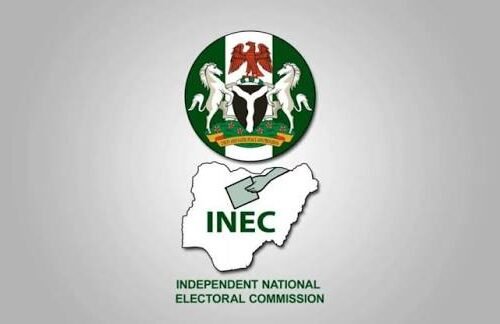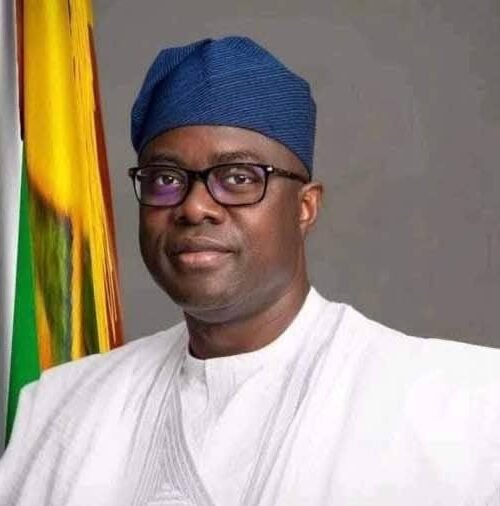Human Rights Writers Association of Nigeria (HURIWA) has accused Justice James Omotosho of the Federal High Court, Abuja, of acting in a manner that suggests he is playing a role scripted by external forces, and not justice, in the terrorism trial of detained leader of Indigenous People of Biafra (IPOB) Mazi Nnamdi Kanu.
The judge has fixed 20 November for judgment in the matter amid loud protests by Kanu that the law under which he is being tried no longer exists and has been repealed.
HURIWA further alleged that Justice Omotosho appears to be on a predetermined conclusion in the trial, saying the judge’s conduct in recent proceedings gave the “unmistakable impression” of a man working to satisfy external instructions rather than upholding the constitutional obligation to ensure a fair hearing.
HURIWA said the speed and manner of the proceedings, despite the defendant’s prolonged incarceration, raise legitimate concerns that Justice Omotosho is railroading the case “to satisfy certain forces” rather than ensuring justice.
In a statement issued on Thursday, HURIWA condemned what it described as the judge’s “hurried, choreographed and restrictive approach,” noting that his refusal to grant adequate time for Kanu to defend himself is incompatible with the principles of justice and due process.
According to the group, Kanu has been in the custody of the Federal Government since June 2021 (over four years) and yet, instead of affording him full opportunity to challenge the charges, the court appeared determined to fast-track a conclusion.
HURIWA explained that a core and critical point Kanu attempted to raise in court is the alleged nullity of the terrorism charges filed against him.
The organisation reiterated Kanu’s argument that the charges are anchored on a repealed and therefore non-existent law, insisting that “you cannot stand something on nothing.”
HURIWA stated that Kanu’s effort to point out this legal defect was repeatedly frustrated by the judge, who it alleged behaved as if he “was on a mission to deliver an outcome already written long before the proceedings.”
The rights group questioned why the court appeared unwilling to consider the validity of the legal existence,or not, of the charges before pushing aggressively toward judgment.
It contended that any trial based on an abrogated law is automatically void, and that Kanu was well within his rights to raise that objection.
Commending Kanu for approaching the Court of Appeal to halt the Federal High Court’s impending judgment, HURIWA expressed hope that the appellate court will “once again rise to the occasion and deliver justice without fear.”
The group recalled that the Court of Appeal had previously freed Kanu, only for the Federal Government (FG) to refuse to obey the judgment and instead rush to the Supreme Court on appeal.
It urged the appellate justices to provide a fair and open platform for Kanu to fully ventilate his defence, insisting that anything short of that would deepen public mistrust in the judiciary.
HURIWA maintained that, in its assessment, the charges against Kanu amount to a complete nullity and cannot stand in any properly constituted legal system, stressing that Kanu’s advocacy on self-determination; a right recognised under international law, the African Charter on Human and Peoples’ Rights, the Universal Declaration of Human Rights, and Chapter Four of the 1999 Nigerian Constitution (as amended), cannot be criminalised simply because it is politically inconvenient to the government.
The organisation also clarified a distinction that it believed the FG deliberately conflates: that self-determination is not synonymous with secession.
It noted that globally, courts have affirmed the protection of political advocacy unless it crosses into direct incitement to imminent violence.
HURIWA referenced the United States Supreme Court’s principle in Brandenburg v. Ohio, which protects even controversial political speech unless it is intended and likely to produce imminent unlawful action, as well as the European Court of Human Rights’ rulings that shield activists advocating autonomy or independence movements under Article 10 on Freedom of Expression.
According to HURIWA, these authorities reflect a global consensus that a democratic state must tolerate peaceful, non-violent agitation for self-determination, whether or not it agrees with such ideas, insisting, therefore, that branding Kanu’s political expressions as terrorism is an abuse of law and a dangerous precedent.
HURIWA called on the National Judicial Council (NJC) to take interest in what it described as worrying signals from Justice Omotosho’s courtroom, warning that justice must not only be done but must be seen to be done, especially in a case as sensitive and widely followed as that of Kanu.
The rights group reaffirmed its belief that only the Court of Appeal, intervening decisively and impartially, can restore confidence in the process.

